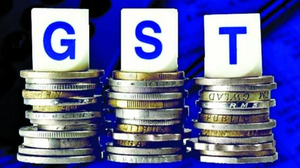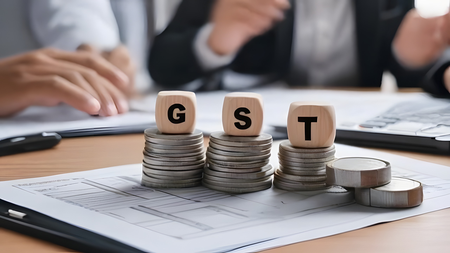
New Delhi, Sep 3 (IANS) Leading industry chambers on Wednesday said the benefits of the GST reforms should swiftly reach consumers and expressed readiness to partner with the government to ensure a smooth, timely rollout that lifts demand and supports jobs.
The GST Council, chaired by Finance Minister Nirmala Sitharaman, on Wednesday rationalised the indirect tax structure, cutting the current four slabs down to two — scrapping the 12 per cent and 28 per cent rates, while retaining the 5 per cent and 18 per cent slabs.
CII Director General Chandrajit Banerjee said this move on GST reforms is a phenomenal milestone.
“CII not just welcomes the GST Council’s forward-looking decisions—moving to two rates of 5 per cent and 18 per cent from September 22, simplifying refunds and MSME procedures, and exempting individual life and health insurance from GST, but also sees this as pathbreaking,” he said in a statement.
This clarity will ease compliance, reduce litigation, and give businesses and consumers the predictability they need. By lowering rates on everyday items and critical inputs, the reforms provide immediate relief to families and strengthen the foundation for growth.
“CII strongly holds the view that the industry would swiftly pass benefits to the consumers,” Banerjee added.
PHDCCI President Hemant Jain said that the roll-out of GST rate rationalisation from September 22 is a landmark reform that addresses both consumer welfare and revenue efficiency.
By reducing rates on daily essentials such as toiletries, packaged foods, and utensils from 18–12 per cent to 5 per cent, the reform will ease household budgets and stimulate demand, he said.
In agriculture, lowering GST on tractors, tyres, irrigation systems, and farm machinery to 5 per cent will cut input costs and directly benefit farmers, said Jain.
Affordable access to healthcare — through nil GST on insurance, medical oxygen, and diagnostic kits — marks a socially progressive step, while reduced levies on education items will strengthen human capital.
“Equally, bringing down GST on automobiles, appliances, and electronics will boost industry volumes and create multiplier effects in manufacturing and jobs. PHDCCI strongly welcomes these measures, as they simplify compliance, spur consumption, and ensure states gain from an expanded tax base — setting India firmly on the path of growth and inclusivity,” Jain noted.
–IANS
na/vd




